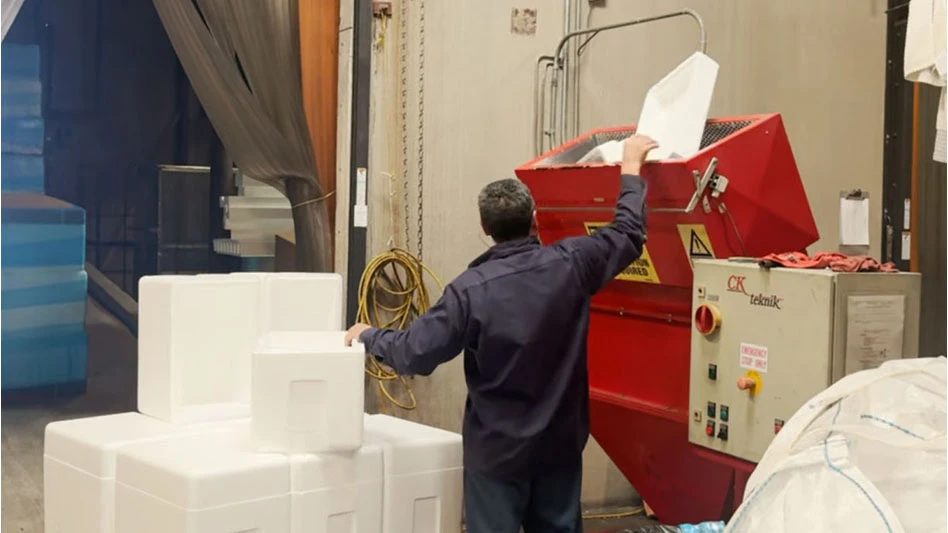One of the latest technology developments in lead batteries will be subjected to automotive testing standards in a research project collaboration between Advanced Battery Concepts (ABC) and the Consortium for Battery Innovation (CBI), with U.S. offices in Durhan, North Carolina.
Bipolar lead battery technology will be independently verified by ABC using specific global automotive testing regimes verified by the scientific community, according to a news release from CBI.
ABC, a battery technology development company based in Clare, Michigan, will test its bipolar lead batteries, which have thinner enhanced positive and negative paste, specially developed for start-stop, micro and mild-hybrids.
This research undertaken by ABC in conjunction with CBI aims to verify the dynamic charge acceptance (DCA) performance benefits of this technology, which is the ability of a battery to generate instantaneous energy in automotive applications through regenerative breaking, for example.
Ed Shaffer, CEO of ABC, says, “We expect the micro and mild-hybrid market to grow substantially in the coming years. We think bipolar is an exceptional technology for use in this market with improved DCA performance, a key technical parameter for this application, and this project will be key in demonstrating these capabilities.”
Benchmarking the battery’s performance against known standards could be a starting point for the technology to be rolled out across the lead battery industry and facilitate new avenues of research in bipolar lead batteries.
The nine-month project also will include tests for partial state-of-charge (PSoC) performance, a key requirement not only relevant for start-stop, micro and mild-hybrid vehicles, providing insight into the capabilities of bipolar lead batteries for storing energy from intermittent renewable sources such as wind and solar applications.
“The dual nature of this research project delivers on the priority research targets set out by the consortium to improve the performance of lead batteries in both automotive and energy storage applications to grasp future market opportunities in these sectors,” says Alistair Davidson, CBI director.
Latest from Recycling Today
- You have production scrap, WEIMA machinery processes it where it’s made
- CP Group, Cisek Inspections forge innovative X‑ray recycling alliance
- Regroup, CP Group unite for cutting-edge Halifax MRF
- Modern MRFs: AI, automation and safety, redefining recycling operations
- CalRecycle opens comment period on proposed SB 54 revisions
- 2026 Circular Steel Summit: Taking stock of tariffs
- CDRA Conference & Tradeshow 2026: Addressing battery fire risks
- Darda equipment now available in North America





